Kamala Hiding From The Media
Republicans are intensifying their calls for Vice President Kamala Harris to step out of the shadows and engage more openly with the media. This move aims to disrupt the positive momentum she’s experienced since assuming the Democratic presidential nomination.
Harris has been more visible recently, attending various rallies, fundraisers, and other campaign events in the wake of her announcement to run for president. The White House has also elevated her role in official capacities, such as her recent meeting with Israeli Prime Minister Benjamin Netanyahu. However, her interactions with the press have been limited, leading Republicans to accuse her of avoiding scrutiny.
The vice president’s early campaign activity has given Democrats a boost, especially after a prolonged debate over President Joe Biden’s capability to effectively challenge Donald Trump. Biden’s decision to withdraw from the race and endorse Harris has energized the party, but Republicans are eager to test the limits of her appeal.
Republicans argue that Harris’s limited press exposure is a strategic choice to prevent her from making gaffes or revealing the less polished aspects of her platform. Brad Todd, a Republican strategist, suggests that Harris’s campaign is deliberately keeping her from spontaneous interactions to avoid the pitfalls of her prior unscripted moments.
Her initial press encounters have already drawn criticism from Republicans. For instance, after Harris and Biden welcomed home U.S. citizens wrongfully detained in Russia, Senator J.D. Vance remarked that Harris’s comments sounded like “a third grader giving a book report on a book she didn’t read.” This criticism highlights the perceived disconnect between her statements and substantive policy discussions.
Despite her prosecutorial experience, including notable moments during Senate hearings and debates, Harris has struggled with interviews and town halls. Past missteps, such as her dismissive response to questions about the southern border during an NBC interview, have fueled doubts about her readiness for the campaign trail.
With the absence of a traditional primary process, Harris’s campaign has relied heavily on scripted statements to communicate her policies. David Greenberg, a Rutgers University professor, notes that while the campaign’s strategy to minimize media exposure may be prudent, Harris will eventually need to confront more challenging interviews and debates, especially against a formidable opponent like Trump.
The Harris campaign maintains that the vice president has been actively engaging with voters through interviews and appearances. A spokesperson emphasized Harris’s commitment to traveling across the country and building a diverse coalition, contrasting this with Trump’s more controversial public statements and media gaffes.
Trump himself has faced criticism for his remarks during a recent National Association of Black Journalists conference, where he made controversial comments about Harris’s heritage. Despite this, Trump has continued to double down on his statements, reflecting his tendency to cater to his base regardless of broader electoral implications.
Sandy Maisel, a professor emeritus at Colby College, argues that Trump’s approach, while effective with his core supporters, may not resonate with the wider electorate. Nevertheless, both candidates will need to navigate their media strategies carefully as the campaign progresses.
Overall, Republicans see Harris’s media strategy as a tactical maneuver to avoid scrutiny and are hopeful that increased exposure will reveal vulnerabilities in her candidacy. As the election approaches, the effectiveness of her campaign’s approach and Trump’s own media maneuvers will likely play a significant role in shaping the political landscape.

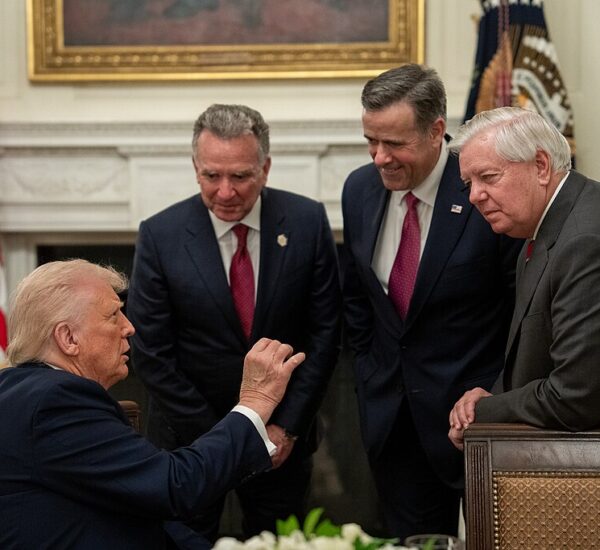
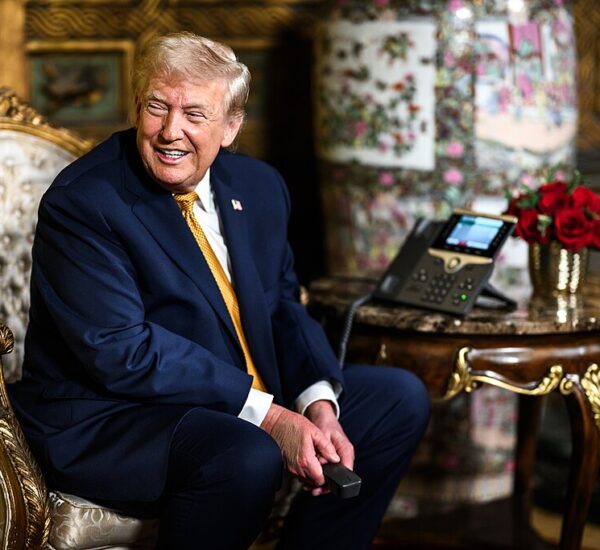
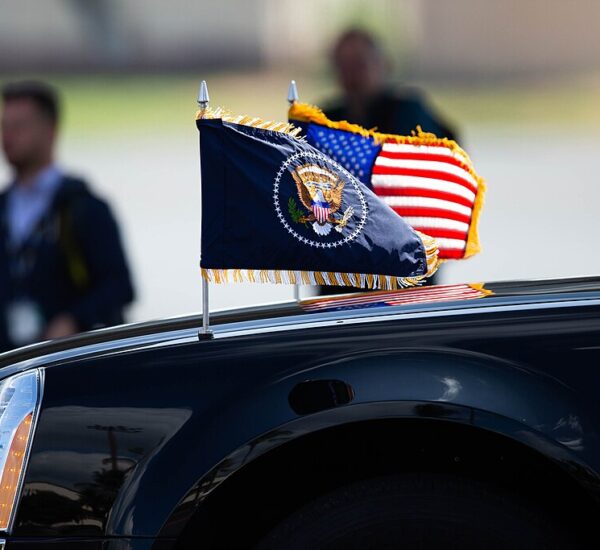
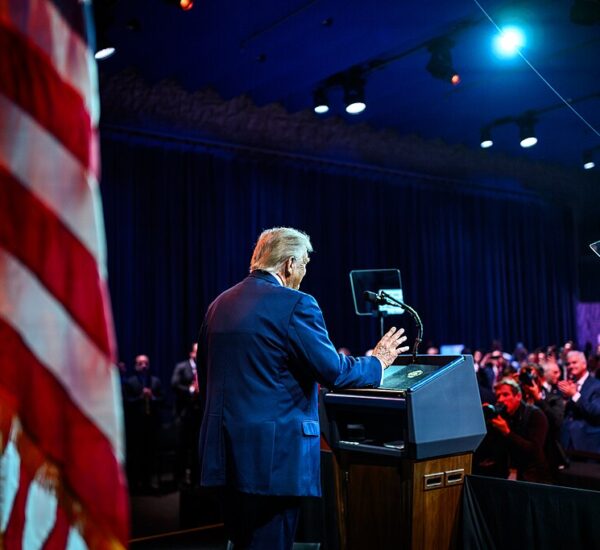

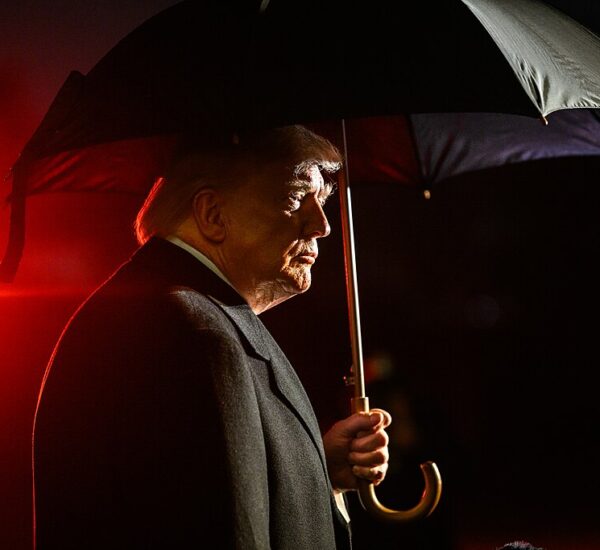
Nancy was drunk once again. Does she wake up and grab a snoot full before staggering out the door.